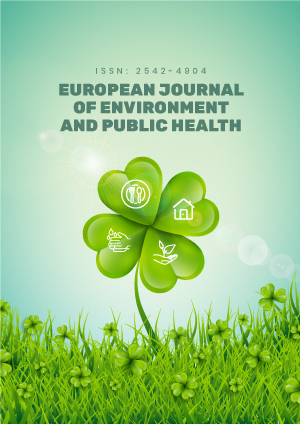Abstract
Background: Climate change is the greatest threat to global health in the 21st century. Rising sea levels are one particularly concerning manifestation of this and many of the world’s largest cities are vulnerable to sea level rise (SLR). Thus, urban climate adaptation and mitigation policies are increasingly important to protect population health.
Objectives: This study aimed to determine whether being at risk of SLR was associated with city-level climate action. It also aimed to assess the wider drivers of climate action in cities, in order to guide ongoing efforts to motivate climate action, assess public health preparedness and identify research gaps.
Methods: This is an ecological cross-sectional study using secondary data from CDP, the Urban Climate Change Research Network (UCCRN), World Bank, United Nations Cities and EM-DAT (Emergency Events Database). The study population consisted of 517 cities who participated in CDP’s 2019 Cities Survey. Multivariable logistic regression was utilized to assess the relationship between risk of SLR and city-level climate action, and secondly, to assess the wider determinants of city-level climate action.
Results: There was evidence of crude associations between risk of SLR and three outcome variables representing city-level climate action. However, after adjusting for confounding variables, these crude associations disappeared. World region, national income status and urban population were shown to be stronger predictors of city-level climate action.
Conclusion: It is concerning for population health that there is no association demonstrated between risk of SLR and climate action. This could indicate a lack of awareness of the risks posed by SLR within urban governance. To fulfil their health protection responsibilities, it is essential that public health professionals take a leading role in advocating for climate action.
License
This is an open access article distributed under the Creative Commons Attribution License which permits unrestricted use, distribution, and reproduction in any medium, provided the original work is properly cited.
Article Type: Research Article
EUR J ENV PUBLIC HLT, Volume 6, Issue 2, 2022, Article No: em0111
https://doi.org/10.21601/ejeph/12046
Publication date: 23 Apr 2022
Article Views: 4078
Article Downloads: 1545
Open Access References How to cite this article
 Full Text (PDF)
Full Text (PDF)